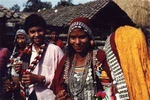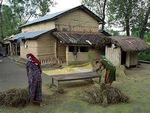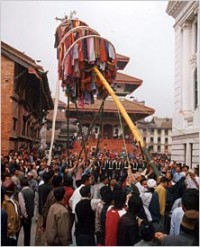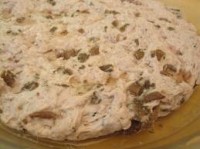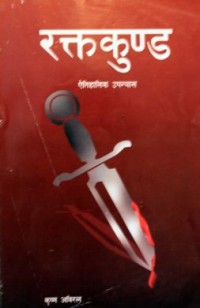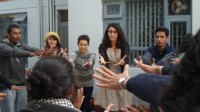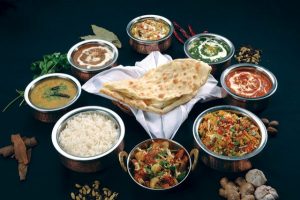The Tharus
Tharu are an ethnic group indigenous to the Terai – the southern foothills of the Himalayas in Nepal and India. They are considered to be the direct discendents of the Gautama Buddha. Anthropologist Prof Dor Bahadur Bista, Balaram Gharti Magar and many scholars support the logic Suddhodhana being Tharu king of Kapilvastu, Lumbini-the birth place of Buddha, Nepal.
Most of the Tharus have Mongoloid features with dark and semi- dark colors.
The Tharus never went abroad for employment – a life that kept them isolated in their own localities. In this isolation they developed a unique culture free from the influence of any other communities in Nepal. The most striking aspects of their environment are the decorated rice containers, colorfully painted verandahs and outer walls of their homes using only available materials like clay, mud, dung and grass. Much of the rich design is rooted in devotional activities and passed on from one generation to the next.
Structure of household
In the western Terai, most Tharus prefer living in Badaghar called longhouses with big families of many generations, sometimes 40-50 people. All household members pool their labor force, contribute their income, share the expenditure and use one kitchen.
Language
There is no one Tharu language unifying Tharu communities in different parts of Nepal and India. Several speak various endemic Tharu languages. In western Nepal, Tharus speak variants of Urdu and Awadhi. In and near central Nepal, they speak a variant of Bhojpuri. In eastern Nepal, they speak a variant of Maithili.
Marriage system
Traditionally, marriages were often arranged during the pregnancies of two women. If they gave birth to opposite sex babies, the two babies were supposed to be married if they grew up as friends. It was problematic if a boy or girl came of age and rejected their assigned fiancé. Finding a replacement was difficult because most girls and boys were already engaged. However this custom has been disappearing. Most Tharus now practice conventional arranged marriages. They also practice love marriages and marriage after courtship.
Religion
The Tharu are followers of Hinduism. Small numbers have converted to Buddhism in the recent years. With the arrival of religious freedom, others have converted to Christianity and there are a variety of congregations active in the various districts where Tharus are found.
Most Tharu households own a statue of a traditional god. The gods are believed to have the ability to heal diseases and sickness. According to traditional legend, gods are given a bhakal, a promise of something, on condition that the sickness is cured, in any events of misfortunes, plagues and horror dreams. A relative’s death is an event of great significance among Tharu, and rituals conducted varies in accordance to regions.
Tharu would approach shamans as doctors. Such shamans use traditional medicines to cure illness. Shamans will also try to appease gods through incantations, beating drums and offering sacrifices. The Tharu believe sickness comes when the gods are displeased, and the demons are at work.

